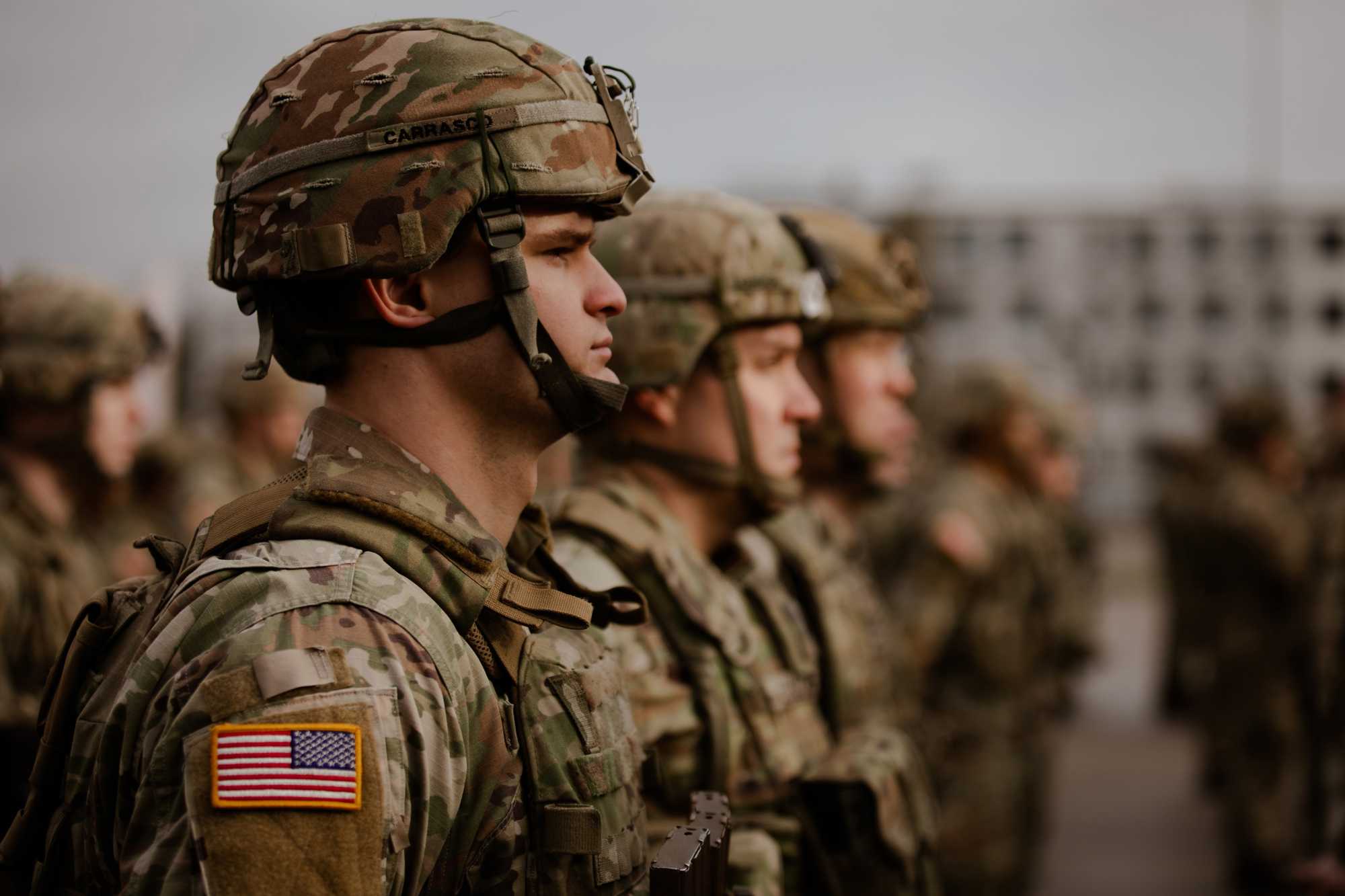As conflict rages across the globe, the US Army struggles to recruit people in its rank and file. After falling 10,000 short of its recruitment goal of 65,000 recruits in 2023, the US Army is recalling soldiers who were earlier kicked out for refusing the COVID-19 vaccine.
It has been the only time in history when the US Army reversed a vaccine requirement. After the service failed to meet its recruiting targets for two consecutive fiscal years, its strength fell from an original level of 485,000 in late 2021 to around 452,000 active-duty soldiers in 2023. It is the lowest full-time force size since 1940, before the US entered World War II.
The US Army’s woes don’t seem to be getting better. For example, in 2022, the US Army missed its recruiting goal by about 15,000 soldiers — or by 25 percent. In 2023, the Army recruited only 55,000 recruits by October instead of the 65,000 it aimed for. And, 4,600 of those recruited in 2023 have been put into the service’s delayed entry pool, held in reserve for what’s expected to be another tough recruiting year in 2024.
To surmount its most formidable recruiting challenge, the US Army has sent letters with instructions on how to rejoin the soldiers who were forced out of the Army for refusing to take the COVID-19 vaccine shots.
“As a result of the rescission of all current COVID-19 vaccination requirements, former soldiers who were involuntarily separated for their refusal to receive the COVID-19 vaccination may request a correction of their military records,” according to a letter signed by Brigadier General Hope Rampy, Army Director of Personnel Management.
The letter tells the soldiers to contact the Army, Army Reserve, or National Guard recruiter. It is still unclear if the soldiers will return to their original units. Around 8,000 soldiers were discharged from the US military for refusing the vaccines.
The pandemic was not the first instance when the US Army mandated vaccines. In the 1990s, former President Bill Clinton mandated that troops receive the anthrax vaccine, resulting in similar lawsuits. Some soldiers continued work, whereas others were penalized with nonjudicial punishments, lost ranks and pay, or received dishonorable discharges.

Pandemic Hitting The US Army In Unforeseen Ways
Defense Secretary Lloyd Austin issued a memo on August 24, 2021, mandating the vaccination of the troops against COVID-19. Though most soldiers complied, thousands did not as they doubted the efficacy of the vaccines developed too quickly.
The Republican lawmakers have contended that the vaccine mandate hurt military recruiting and retention efforts, leading the Defense Department to reverse the requirement. The military made the vaccine mandatory for only 15 months, from August 2021 through January 2023. It was rescinded by law as part of the National Defense Authorization Act.
But since the repeal, only 19 soldiers have re-joined the Army, while 12 have returned to the Marines. The numbers are even smaller for the Air Force and Navy, where only one and two have re-joined. The abysmal numbers have resulted in the letter asking the soldiers to take steps to correct their military records through the Army Discharge Review Board or the Army Board for Correction of Military Records.
The service’s liaison with incidents of sexual assaults and suicides has made it an unpopular career choice with Gen Z. The number of Americans joining the Army saw a massive uptick in the aftermath of the 9/11 terror attacks. But since then, Gen Z has had a lot of declining trust in institutions.
In addition, the percentage of young Americans eligible to serve — who are physically fit enough and mentally prepared to join the military — has shrunk over time. And now, only about 23 percent of people between 18 and 24 meet the Army standards.
The US Army has adopted a two-pronged approach of giving better bonuses to the recruits and expanding its recruitment pool to include immigrants and high school graduates. The Army has also offered the recruits a choice of first duty station. The force has increased its advertisement budget to reach new demographics.
- Ritu Sharma has been a journalist for over a decade, writing on defense, foreign affairs, and nuclear technology.
- She can be reached at ritu.sharma (at) mail.com
- Follow EurAsian Times on Google News